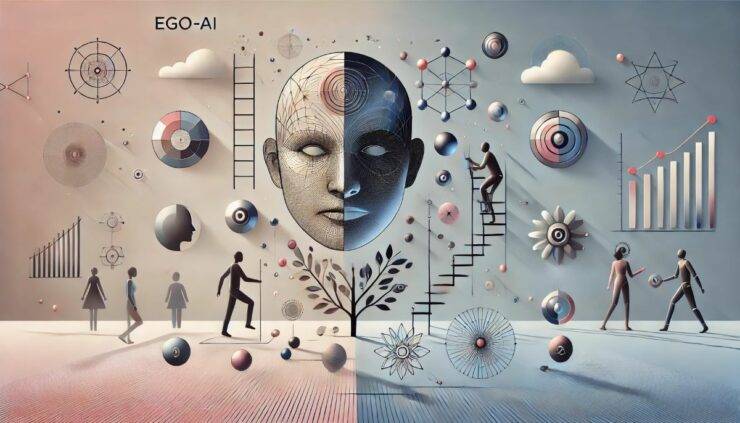Viewing reality as a quest or game with specific rules and checkpoints can be explained through several concepts that connect psychology, philosophy, and social sciences.
1. Scenarios and Their Influence:
- X (aggressive scenario) and X0 (unconscious projection of the worst-case scenario): These criteria reflect fears, insecurities, and expectations. High X values can indicate seeing oneself as a potential source of domination, which amplifies unconscious fears. X0 represents the projection of the external world as aggressive and oppressive, intensifying conscious fears. Extreme values here may indicate deeply rooted fears that hinder progress.
- Y (supporting others scenario) and Y0 (unconscious projection of a nurturing world): These criteria reflect tendencies toward care, self-sacrifice, and high ideals. High Y values indicate seeing oneself as caring or even sacrificial, which may conceal unconscious desires for self-protection and reward. Y0 represents the projection of the world as nurturing and safe, which can enhance unconscious desires to dominate. High values in these criteria indicate a strong belief in a positive future and high moral aspirations.
2. Strength of Belief and Conscious Choice:
- Ratio of Fear to Love: Transitioning between different reality matrices depends on an individual’s beliefs and willpower. The ratio of fear (-1 to +1) to love (self-sacrifice) (-1 to +1) enables a person to consciously choose their reaction to external events and manage their internal states.
- Interaction of X and X0, Y and Y0: These interactions determine how strongly a person feels fear or the drive for self-sacrifice, and how integrated or suppressed these feelings are in their psyche.
3. Interaction of Conscious and Unconscious Aspects:
- Z (persona and social roles) and Z0 (shadow, repressed aspects): These criteria show how a person sees themselves in a social context and which aspects of their personality they repress or are unaware of. Z represents conscious social roles and behavior, while Z0 reflects repressed and unconscious aspects of personality.
4. Application in Daily Life
- Gamification: Applying game mechanics to non-game contexts helps structure life, making it more manageable and predictable. Setting goals, completing tasks, and receiving rewards foster a sense of progress and motivation.
- Psychological Archetype: Archetypes of the hero, quest, and journey influence how life is perceived and interpreted. Viewing life as a quest relates to the Hero archetype, who faces challenges and overcomes obstacles.
- Social Roles and Scripts: People play specific roles in society, comparable to playing a game with pre-written scripts. These roles dictate behavior, expectations, and interactions, creating a sense of structure and order.
- Flow Theory: The state of flow, described by Mihaly Csikszentmihalyi, is achieved when one is fully immersed in an activity that perfectly matches their skills and abilities. This state can be applied to daily life if a person finds tasks that engage and match their skill level.
- Ego Code and Psychological Interpretation: The EGO-code system views personality through various interacting criteria. This allows for a deeper understanding of internal motives and conflicts, as well as an awareness of one’s role and tasks in the “game” of life.
Conclusion
Perceiving life as a quest or game may result from the combined influence of various psychological and social factors that structure and organize a person’s experience, creating a sense of direction and purpose.




